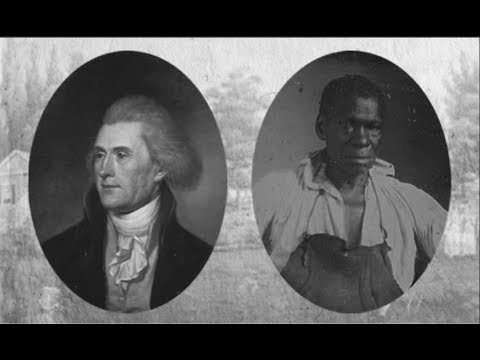Introduction:
Black History Month is an annual observance dedicated to celebrating the achievements and contributions of African Americans throughout history. While it is essential to acknowledge and appreciate their struggles, accomplishments, and significant figures, I find myself questioning the necessity of dedicating an entire month solely for this purpose. Although my view may be controversial, it stems from a desire for equality and unity rather than division.
1. Equality:
One of the primary reasons I refrain from celebrating Black History Month is that it highlights racial differences rather than promoting unity among all races. By separating history into distinct months based on racial backgrounds, we risk perpetuating divisions in society instead of focusing on shared humanity. This approach might inadvertently reinforce the notion that certain histories are more important or deserve more recognition than others.
2. Incomplete narratives:
Although Black History Month aims to shed light on lesser-known aspects of African American history, it often overlooks other marginalized communities within the black diaspora. For instance, Afro-Latinos, Afro-Caribbeans, and other groups with ties to Africa have their unique stories that deserve recognition as well. The observance could be expanded to incorporate a broader representation of diverse backgrounds within the black community.
3. Historical inclusivity:
Limiting historical discussions about African Americans solely to one designated month poses challenges because each person’s story is interconnected with multiple strands of history across different eras and cultures worldwide. By relegating these narratives to one month each year, we inadvertently imply that they are distinct from wider historical contexts rather than an integral part.
4. Educational curriculum:
Instead of dedicating only a single month to African American history studies in schools or universities, a more comprehensive approach would involve integrating these narratives throughout the year across various subjects such as social studies, literature, or politics. This ensures that all students can gain a deeper understanding of the contributions made by African Americans and other marginalized groups to the fabric of our society.
5. Identity politics:
While acknowledging historical struggles is crucial, it should not define or restrict someone’s identity solely based on their racial background. Black individuals should not be limited to being celebrated only during a designated month but rather recognized and appreciated for their accomplishments all year long, beyond the realm of history alone. This would ensure that they are seen for their talents, abilities, and character as opposed to being defined primarily by the color of their skin.
Conclusion:
While recognizing and honoring African American history is undoubtedly important, confining these narratives to one designated month can unintentionally reinforce divisions among races. We should strive for inclusivity and integration throughout society, celebrating the achievements of diverse individuals irrespective of their racial background consistently. By expanding our perspective beyond a single month and weaving these stories into our educational systems year-round, we can foster a more unified understanding of history that showcases a broader range of contributions from marginalized communities.





